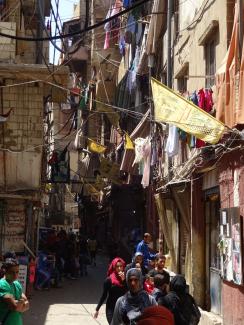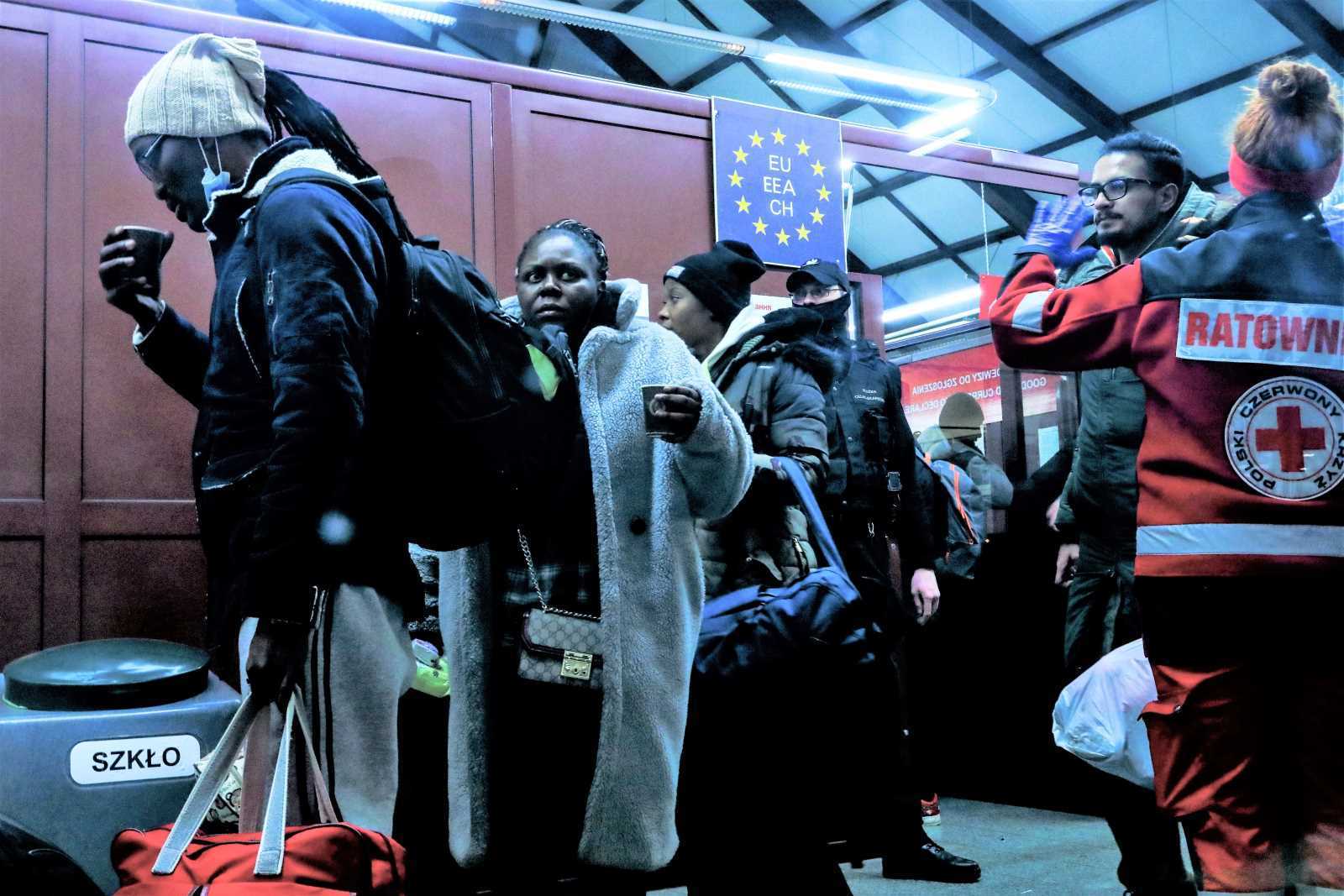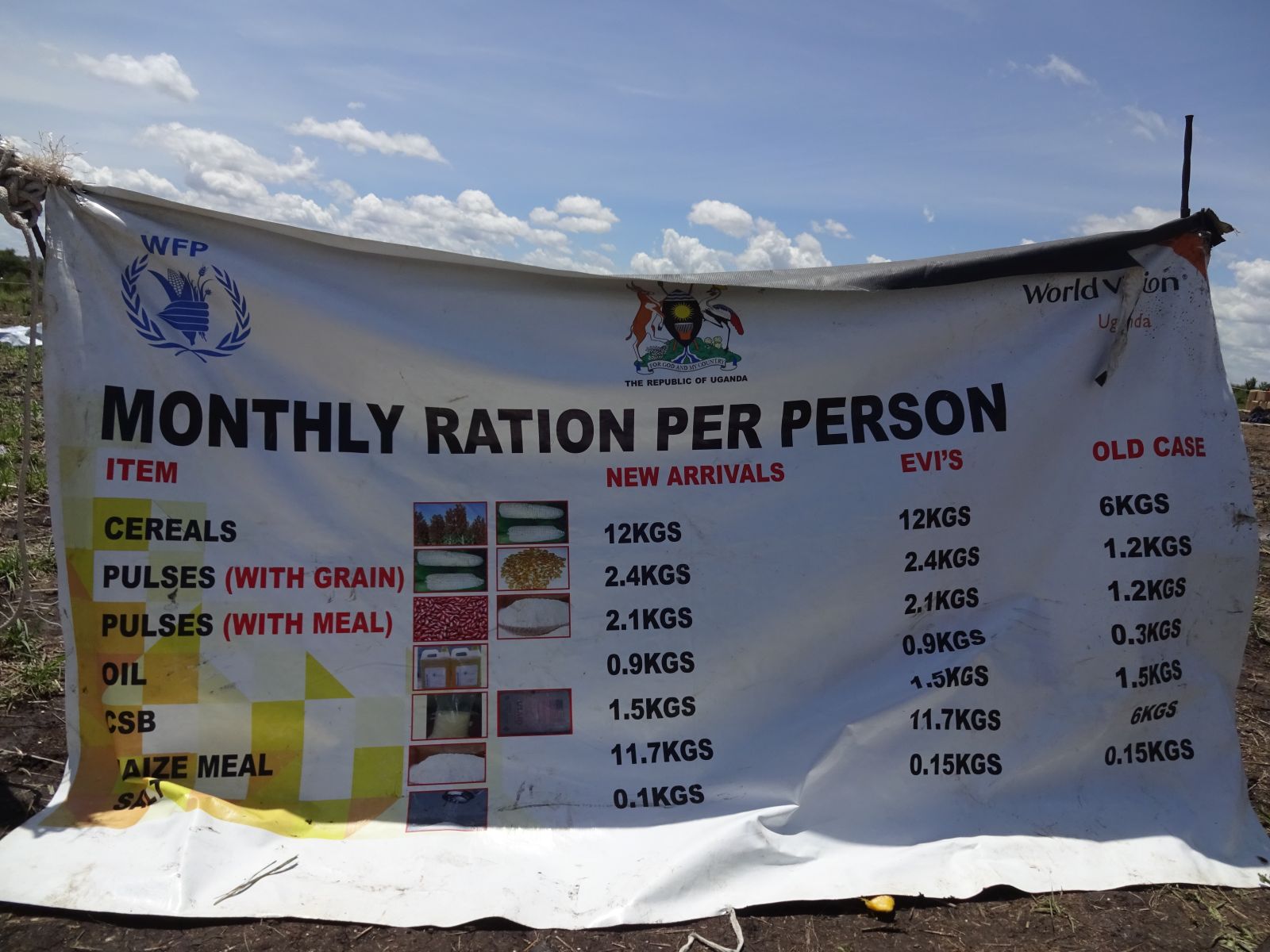Forced migration
Creating prospects for refugees

The BMZ seeks to address migration on three fronts by:
- tackling the root causes of displacement,
- stabilising host regions and
- supporting refugees.
To achieve its goals, the BMZ has established three special initiatives: “Tackling the root causes of displacement, reintegrating refugees”, “Stability and development in the MENA region” and “One World – No Hunger”. It has also launched a campaign to boost employment in the Middle East.
The German government’s stance is in line with the stance of UN Secretary-General António Guterres, who has said: “The moment has come for a radical change in international efforts to address displacement. We must stop just dealing with the consequences of displacement, and seriously start tackling its root causes.”
One of the most important means for tackling the causes of displacement is to provide development assistance that serves to give people prospects in their home countries. Options include improving infrastructure and shoring up educational opportunities. The idea is to eliminate structural causes of displacement. This is only feasible, however, in countries that are peaceful or, at least, where there is still a chance of preventing looming conflict.
In Egypt, for example, a country with high unemployment, the BMZ is engaged in helping a partner organisation modernise its job placement and counselling services – especially for young job seekers. The services will also be expanded.
Stabilising host regions is the second major pillar of the BMZ’s refugee policy. The vast majority of cross-border refugees seek refuge near their old home, generally in a neighbouring country. Countries that host particularly large numbers of refugees include Turkey, Pakistan, Lebanon, Iran, Ethiopia, Jordan, Kenya, the Democratic Republic of Congo, Bangladesh and Uganda.
The scale of migration presents massive challenges for host countries. Refugees and locals compete for critical resources such as firewood, water, land and work. Everyone suffers under the difficult circumstances – and that can spark new conflicts. To alleviate the situation, Germany invests directly in local infrastructure, such as water supply, for example.
One way to fast-track income opportunities for refugees is by setting up cash-for-work projects. The BMZ funds such initiatives, for example, for Syrian refugees in Jordan. Cash-for-work measures include:
- labour-intensive projects (waste collection, road maintenance)
- employment-intensive infrastructure projects (building homes and schools)
- salaries for additional teachers and other professionals and
- reconstruction of liberated areas.
The third pillar of German policy focuses on the integration and reintegration of refugees. Pakistan, for example, receives German support to help it cope with hosting and meeting the needs of Afghan refugees. Around 5 million Afghans have fled the country since 1979. Around two million of them made for neighbouring Pakistan, which already has a large number of third-generation Afghan refugees (see Mahwish Gul in E+Z/D+C e-Paper 2019/04, Focus section).
The Refugee Affected and Hosting Areas programme (RAHA) promotes infrastructure development in the provinces of Khyber Pakhtunkhwa and Balochistan. The principal focus is on social and economic activities and business start-ups to help maintain social peace between local people and foreign refugees. The programme supports education projects, improvements in health care and the development of water and sanitation systems for all people, whether they belong to host or displaced communities.
Sheila Mysorekar is member of the editorial team of D+C Development and Cooperation / E+Z Entwicklung und Zusammenarbeit.
euz.editor@dandc.eu
Link
BMZ, 2017: Helping refugees build a future – Tackling the root causes of displacement, stabilising host regions, supporting refugees
http://www.bmz.de/en/publications/type_of_publication/information_flyer/information_brochures/Materialie315_flucht.pdf













